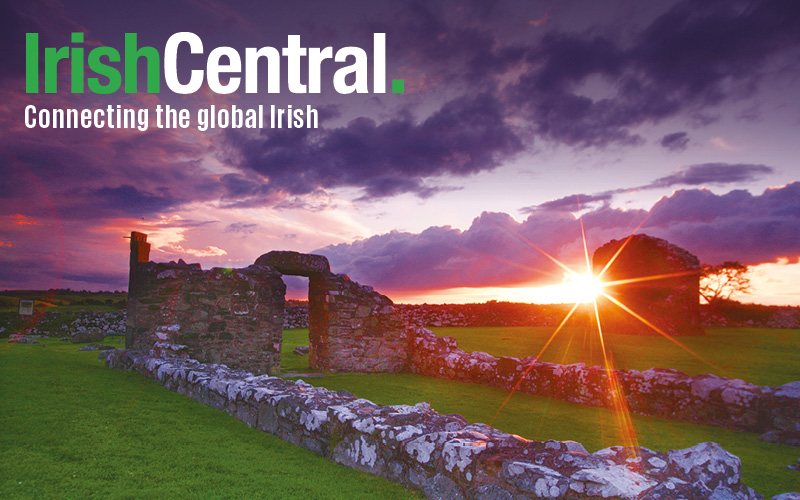Daithí MacLochlainn who does Irish language tours of downtown Manhattan told me he starts his tour on the docks by the Seaport Museum where they have one of the oldest examples on brick of grafitti ever written on a wall in New York, and it just so happens that the five lines of graffiti are written in Irish Gaelic. More on that later.
More to the point, MacLochlainn is the one who told me about the Welsh and how they use Israeli pedagogy to teach their rich Celtic language to foreigners and native Welsh alike in rapid time with great results--Welsh is a thriving widely-used language. The Israelis developed a school called the Ulpan or אולפן. It's a "studio" setting for intensive language acquisition. The Welsh borrowed the school model and called it Wlpan, which is just a Welsh spelling on the Hebrew word.
This contrasts to the Irish mentality of the cúpla focail, such as in that favorite expression tóg go bog é, take it easy. To learn a language you immerse in it and use it. The Israeli model has new comers without Hebrew, spend five months acquiring it in the studio classroom while living on a kibbutz. In Ireland, a few words and a few hours a week in class will do.
A bewilering number of movements, however, are underway in Ireland to help the Irish language achieve a renaissance like that experienced by Hebrew and Welsh and Catalan.
More on this later, but there is work being done to raise up to 10 million euro to rennovate the GPO in time for the 2016 centenary commemorating the Easter Rising of 1916 to house an Irish language center in the Irish capital. Mairéad Ní Mhaonanigh performed at a benefit, as reported in the Irish Examiner to raise awareness about the campaign. The project is called Tionscadal 16, and is being modelled after other successful cultúrlainne, or cultur centers, such as the one in Belfast called Cultúrlann McAdam/Ó Fiaich which converted an abandoned church into a vital new community regeneration facility, adding to the revitalization of that city.
Israel's Hebrew acquisition success was driven by youth in Israel who decided to help Hebrew even if they didn't speak it yet. It received full institutional support.
Irish could likely join the ranks of Welsh and Hebrew in Israel or Catalan in Barcelona and lead the way for language revival done the right way, with major institutional support, and a cultúrlann for Dublin's GPO.




Comments